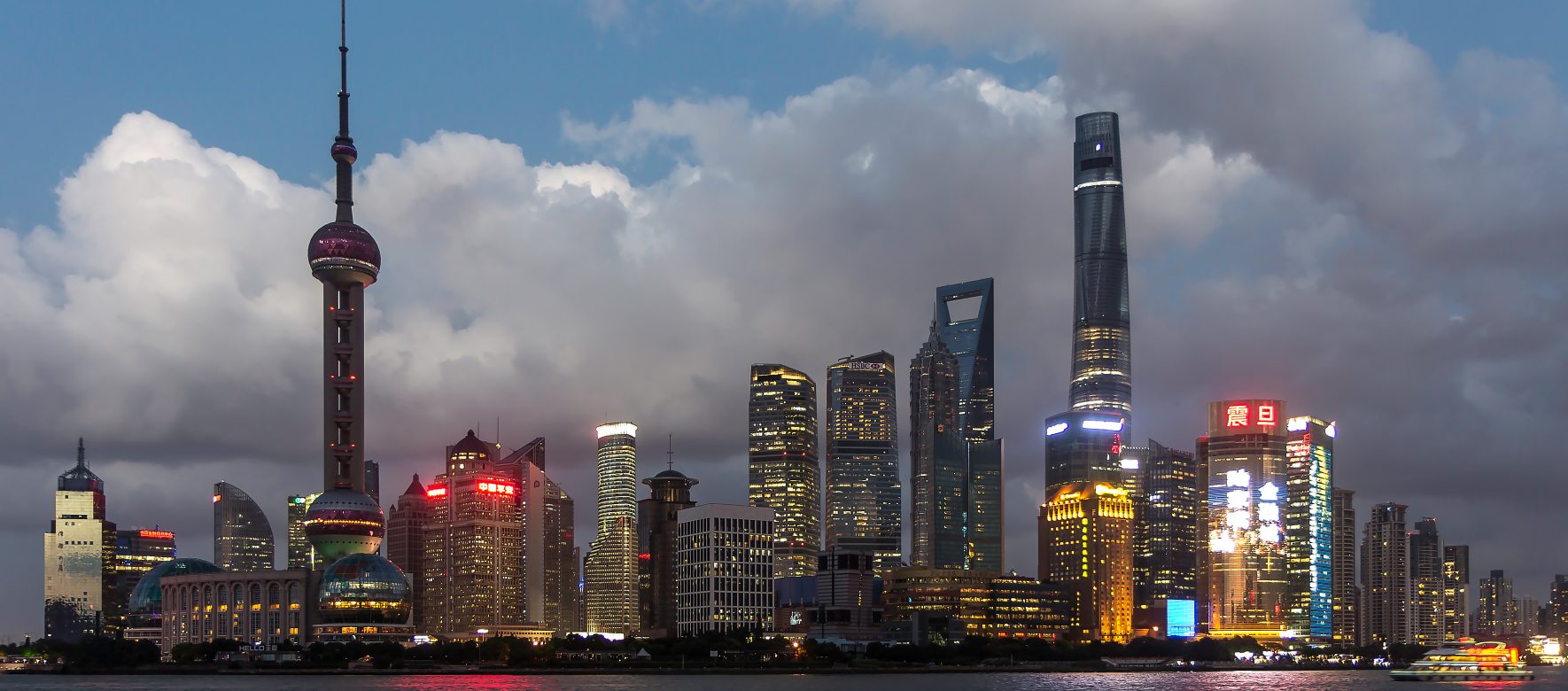In the context of the war of influence being played out between the two largest economies on the planet, China has largely outdistanced the United States in Africa on the economic ground. Trade between the continent and the country of Uncle Sam continues to shrink.
Launched in 2019 by the Trump administration to replace the African Growth and Opportunity Act (AGOA), with the stated objective of doubling bilateral investment and trade between the United States and African countries, the “Prosper Africa” has so far failed to enable Washington to counter Chinese influence on the continent. This is what emerges from a research note published on Wednesday May 18 by the American think tank Carnegie Endowment for International Peace.
Entitled “The Three Issues That Will Make or Break the Prosper Africa Initiative,” this research note reveals that trade between the United States and Africa has declined since 2009, when Beijing snatched the rank of the mainland’s top trading partner from Washington, falling from a peak of $142 billion in 2008 to just $64 billion in 2021.
The report compiled by Zainab Usman and Katie Auth, respectively director and non-resident researcher in the Africa program of the Carnegie Endowment for International Peace, also states that “the presence of American companies on the continent is not only lower than that of their counterparts Chinese, but also, in some places, to countries like Turkey and India”.
Review the “Prosper Africa Act”
According to the US administration, the Prosper Africa initiative has since 2019 resulted in the conclusion of 800 agreements worth a total of $50 billion between the United States and African countries in the areas of trade and investment.
Researchers from the Carnegie Endowment for International Peace believe, however, that this initiative could become more effective under certain conditions. According to them, “Prosper Africa Act”, the bill relating to the initiative which is still sleeping in the drawers of the American Congress should be reviewed and corrected before its adoption.
“The bill was drafted without explicitly focusing on specific sectors of the economy. Congress should consider prioritizing a few specific industries based on certain criteria such as the comparative advantage of the U.S. private sector in areas like pharma, digital technologies, and higher education,” Zainab Usman suggests. and Katie Auth.
Other recommendations: facilitate investment in critical minerals for clean energy such as refining and processing of lithium, cobalt, and nickel while strengthening social and environmental safeguards, and engage the African diaspora in the United States and countries African countries, in particular the continent’s economic powerhouses such as Kenya, Morocco, Nigeria and South Africa, in the revision of the bill.





























Réagissez à cet article